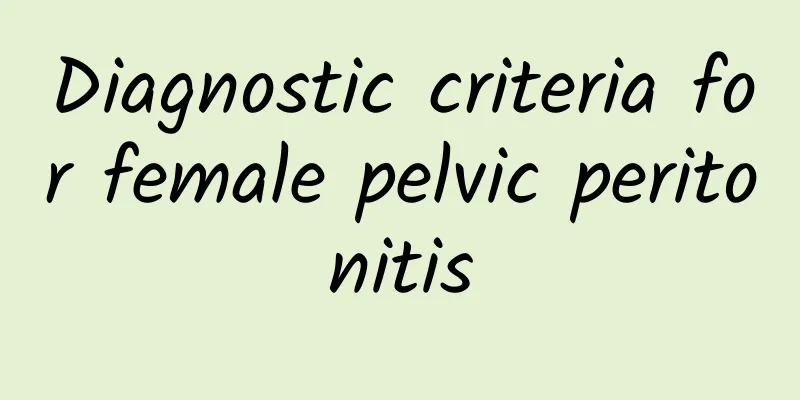What are the symptoms of intrauterine adhesions?

|
The symptoms of intrauterine adhesions are mainly menstrual abnormalities and infertility. For many female friends, this is a condition that may affect fertility. Understanding these symptoms can help us better identify and deal with them. 1. Abnormal menstruation: Intrauterine adhesions often lead to changes in the menstrual cycle. For example, some women may find that their menstrual flow is significantly reduced, or even less frequent. Others may experience bleeding, which means that the menstrual period lasts longer than usual and the amount of bleeding is unstable. 2. Absence of menstruation: Some patients may experience a sudden cessation of menstruation, i.e., no menstruation. This condition is often called amenorrhea, which may be mistaken for pregnancy or other health problems, but in fact it may be caused by uterine adhesions. 3. Infertility: For women who want to get pregnant, intrauterine adhesions may be an obstacle. Since adhesions affect the normal function of the endometrium, it may cause the fertilized egg to fail to implant normally, thus affecting pregnancy. 4. Abdominal pain or discomfort: Although it is not common, some women may feel dull pain or discomfort in the lower abdomen. This pain may be due to adhesion tissue pulling or affecting the normal activities of other organs. 5. Asymptomatic: It is worth noting that intrauterine adhesions may sometimes have no obvious symptoms. In this case, professional medical examinations may be required to identify them. Commonly used diagnostic methods include hysterosalpingography and hysteroscopy, which can help doctors accurately determine the presence and severity of adhesions. To better manage and treat intrauterine adhesions, here are some suggestions: Knowing the symptoms of intrauterine adhesions and identifying them early is key. With professional examinations and timely treatment, many women can effectively manage this health problem and restore normal reproductive function. I hope this information can provide you with some help to maintain a healthy life. |
<<: Can I eat snacks after abortion?
>>: What is the sequelae of pelvic inflammatory disease?
Recommend
How to take care of uterine effusion in daily life
Nowadays, the incidence of gynecological diseases...
How is a woman with two vaginas and two uteruses different from a normal woman? Do all the babies she gives birth to twins?
"Doctor, I recently found out during a physi...
What diseases should be differentiated from pelvic peritonitis?
In daily life, we should pay attention to the dev...
Ovarian cysts are effectively preventable
The prevention of ovarian cysts is something that...
A brief analysis of the common causes of adnexitis
Adnexitis is a common gynecological disease, and ...
Can I take a shower during my period? Be sure to keep warm
When women are menstruating, their immunity is re...
Late stage of cervicitis and exercise
The issue of late-stage cervicitis and exercise m...
What to do if you have irregular menstruation?
According to the survey, 55% of women have irregu...
There are three main early symptoms of cervicitis:
When it comes to the symptoms of cervicitis, many...
There are 2 obvious symptoms of cervicitis
Cervicitis is a common gynecological disease in w...
Can pelvic effusion be cured by hanging a bottle?
Can pelvic effusion be cured by hanging a bottle?...
What are ovarian cysts and what are the dangers
What is an ovarian cyst? What are the dangers? Ph...
Why does female cervical erosion recur? 5 reasons can cause recurrence of cervical erosion
Cervical erosion causes trouble to many women, no...
Daily care for patients with congenital absence of vagina
Congenital absence of vagina can be divided into ...
Diagnosis of menopause
Regarding the diagnostic basis of menopause, we m...









